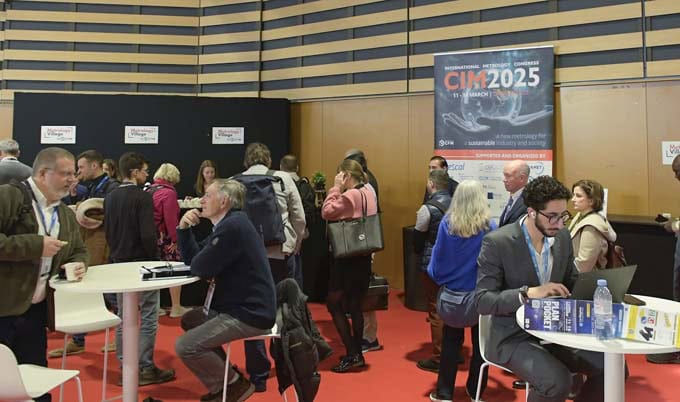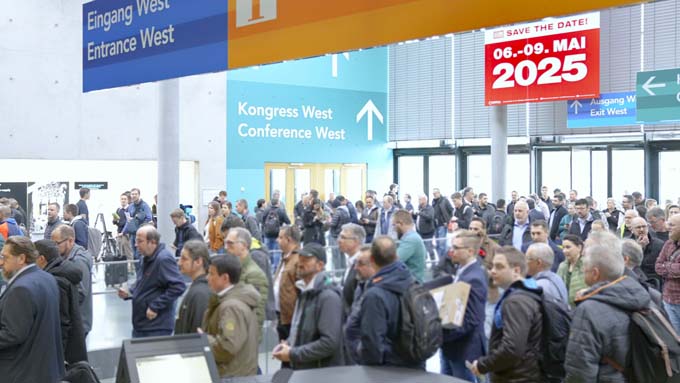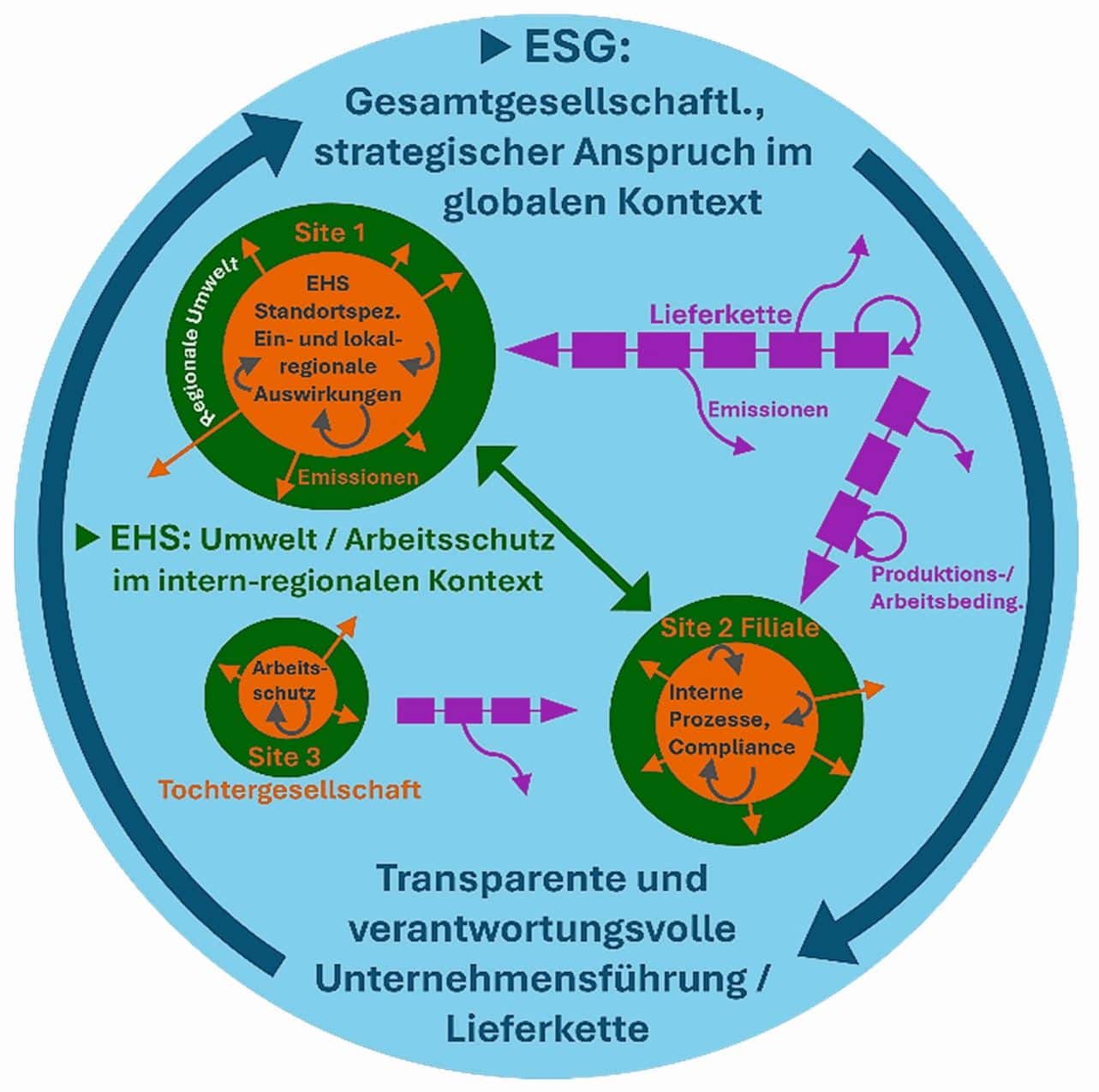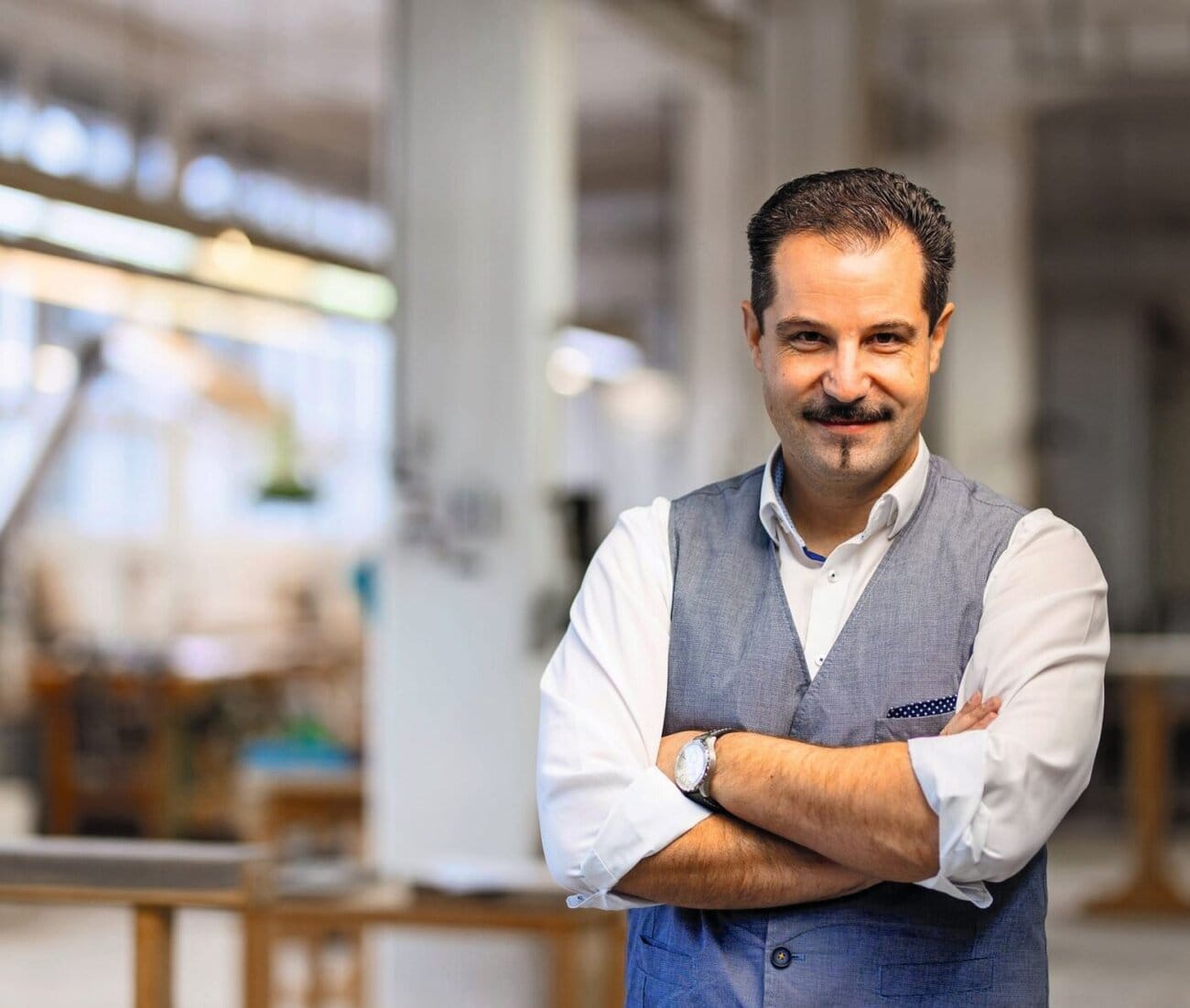CIM2025 - Metrology for the future
The International Metrology Congress (CIM) took place from March 11 to 14, 2025 at Eurexpo Lyon (France). The event was organized by Global Industrie, the largest industrial trade fair in France.

From 11 to 14 March 2025, experts from all over the world gathered in Lyon for the 22nd edition of the International Metrology Congress (CIM2025), organized by the Collège Français de Métrologie (CFM). The event was held as part of the Global Industrie trade fair and once again demonstrated its central importance for science and industry in the field of metrology.
150 years of the Meter Convention - an anniversary edition
The year 2025 marked a special highlight: the 150th anniversary of the Metre Convention, a milestone in international cooperation in metrology. In his speech, Martin Milton, Director of the BIPM and President of CIM2025, paid tribute to this occasion with the words: "We are celebrating 150 years of the Metre Convention - it is the basis for measurements for all nations." This emphasized the fundamental role of metrology for science, industry and society.
Growing international resonance
With around 500 participants from 40 countries, the scope of the congress was clearly demonstrated. Current topics such as the digitalization of measurement technology, artificial intelligence and sustainability were discussed intensively in a total of 180 lectures and poster presentations. New formats such as the QI Digital Atelier and a short seminar on ISO/IEC 17025 also enriched the program.
Bridge between science and industry
A central element of the congress was the "Metrology Village" - a 1,000 square meter exhibition area where 60 companies presented their innovations. The close connection to industry was also reflected in the opening, where Thomas Courbe (DGE), Laurent Labatut (Trescal) and Cosimi Corleto (CFM), among others, took to the stage. The latter emphasized: "Cooperation between metrology and industry is essential for technological progress."
Voices from the experts
The scientific exchange and the international atmosphere were particularly appreciated by the participants. Andrea Giura (INRiM), awarded for the best poster presentation, emphasized: "It was fascinating to see how different fields of metrology interact and enable technological advances." Pauline Lemaire (MERSEN) praised the organization and the diversity of the audience: "The international community was strongly represented, the environment was open and collegial."
For young scientists such as Térence Bordet (COLAS), winner of the prize for the best presentation, the congress was a valuable platform: "This award motivates us to push our research further."
A successful milestone
With over 45,000 visitors to the Global Industry trade fair, an increase of 20 % compared to 2023, the relevance of CIM was once again underlined. The congress offered a unique space for knowledge transfer, networking and the promotion of joint innovation dynamics. The next edition of the International Metrology Congress CIM will take place in 2027.
Source and further information: https://www.cim-metrology.org/en/. This report was prepared with the support of KI.
This article originally appeared on m-q.ch - https://www.m-q.ch/de/cim2025-metrologie-im-zeichen-der-zukunft/





























